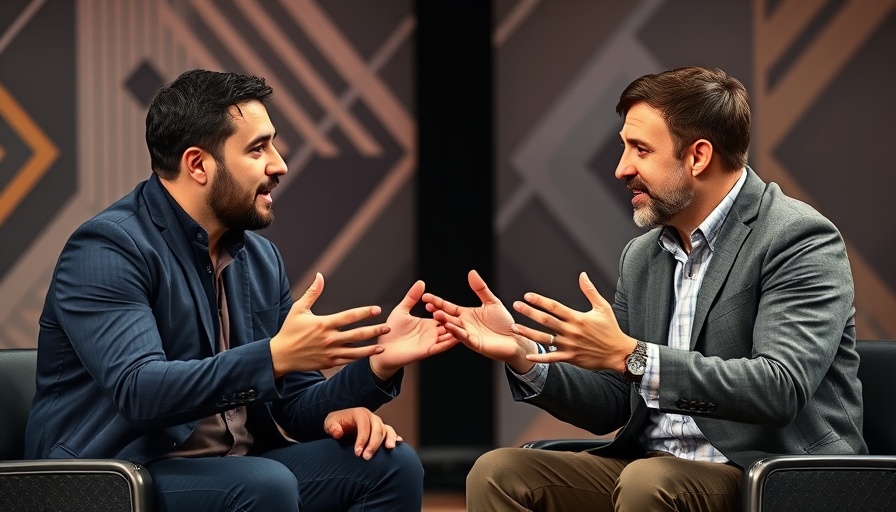
Understanding Orientalism: A Historical Perspective
In a recent discussion featured in Progress, Secularism and the Orientalist Gaze, Professor Olivier Gu provides a detailed examination of orientalism—a term that has evolved from a scholarly pursuit of the Middle Eastern cultures to a tool of colonial control and political discourse. Historically, the concept of orientalism originated as a form of knowledge production from a Western viewpoint. This framework often depicted Muslim societies as static and in desperate need of Western intervention for progress and secularization. However, the reality contradicts this narrative: modern science and mathematics owe much to Islamic scholars throughout history.
In Progress, Secularism and the Orientalist Gaze, the discussion dives into the complexities of orientalism and its enduring effects on societal structures, prompting us to analyze these dynamics further.
The Politics of Knowledge: Orientalism in Action
Professor Gu argues that the misconceptions surrounding the Arab and Muslim worlds have profoundly influenced policies affecting millions. The West's portrayal of these societies as incapable of self-development has justified interventionist approaches, which are often veiled as altruism but driven by imperialistic desires. The marginalization of indigenous knowledge systems—belittled as 'backward'—fails to acknowledge the rich intellectual traditions that continue to exist, as demonstrated by ancient centers of learning in Cairo and Baghdad.
Contemporary Relevance: The Clash of Narratives
Fast forward to modern times, the idea of a 'clash of civilizations' is more pertinent than ever. Gu reflects on how the West often exploits Islamic identity as a means of control, perpetuating a narrative that paints Islam as the source of contemporary global strife. This has been observed in international responses to crises, such as the situation in Gaza, where the selective application of human rights standards reveals an underlying neo-colonial mindset.
Cultural Implications: Identity Politics vs. Universal Principles
Crucially, Gu highlights a shift in Western discourse—moving away from a focus on culture to a concentration on religion. This shift complicates Muslims' integration into Western societies, where their visible expressions of faith are often met with resistance. The struggle facing many in the community today reflects broader global tensions about inclusion versus exclusion, compelling us to question whether current democratic ideals can withstand the growing populist waves that prioritize identity politics.
Actionable Insights: Bridging the Divide
It is essential to engage critically with these narratives to foster understanding and counter stereotypes. Promoting dialogue that respects and acknowledges diverse histories and cultural contributions offers a path forward. For those engaging with these themes, challenging the prevailing narratives surrounding secularism and progress could prove essential in creating more equitable societies.
 Add Row
Add Row  Add
Add 




Write A Comment